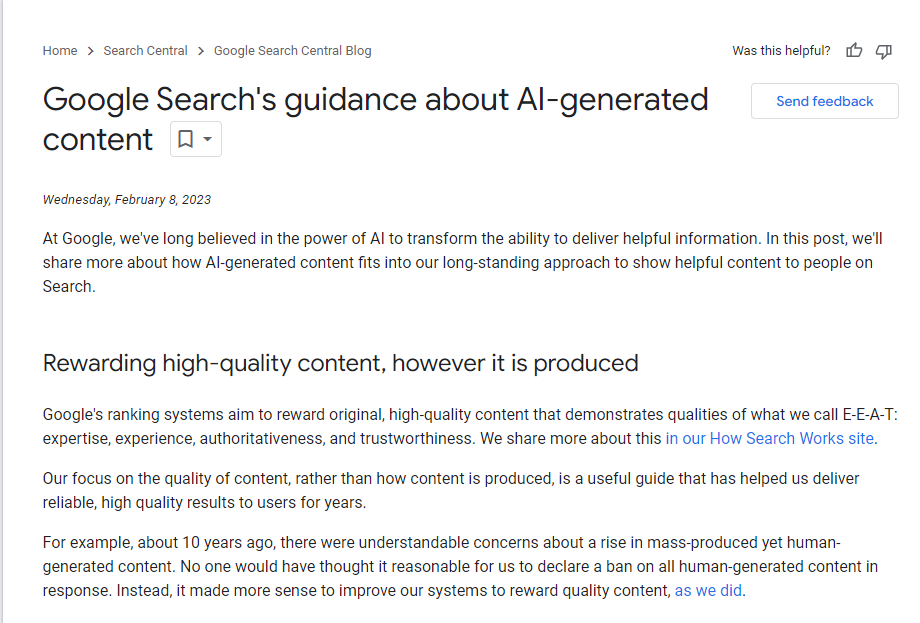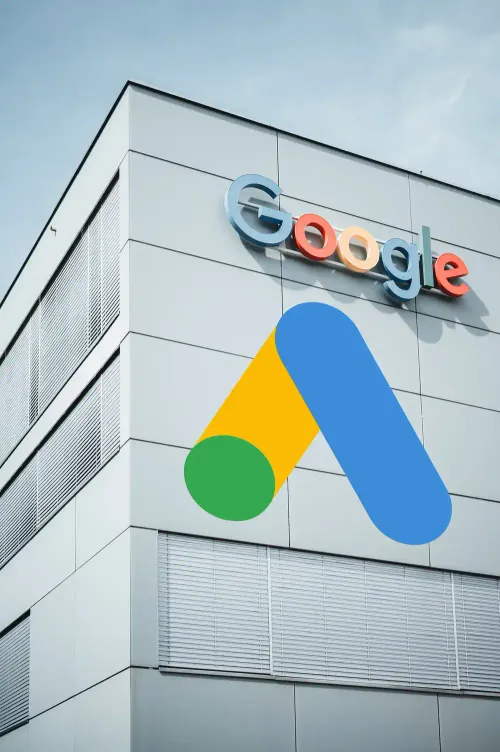At Google Cloud Next, the annual cloud computing conference hosted by the tech giant, generative AI took the spotlight. The event, featuring keynotes from Sundar Pichai and Thomas Kurian, as well as various sessions led by partners and industry experts, was dedicated to exploring the potential of generative AI. Google has invested significantly in generative AI, and the company believes it will be a key differentiator, positioning its cloud platform ahead of competitors.
In an unexpected twist, some insiders at Google are suggesting that the company's future in advertising could be inexorably tied to generative AI. As the tech giant continues to invest heavily in AI and machine learning technologies, a growing faction within Google believes that generative AI might be the key to driving more engagement and revenue for its advertising business.

For years, Google has dominated the digital advertising space, with the majority of its revenue coming from ads placed alongside search results and other online content. However, recent advancements in Language Model technologies (LLMs), like GPT-3.5, have made content generation faster, cheaper, and more accessible than ever before. This shift in content creation dynamics is what has some Google staff members intrigued.
The central idea is straightforward: More content, whether it's articles, videos, or even interactive experiences, drives more engagement. And more engagement translates directly into increased ad revenue. With generative AI at the helm, Google could potentially produce an unprecedented amount of content, satisfying the insatiable appetite of internet users for fresh, relevant material.
Interestingly, Google appears to be embracing this new direction rather than fighting against it. Historically, companies in the tech and media sectors have been wary of AI-generated content, fearing its impact on jobs and the authenticity of information. However, Google seems to be taking a different approach. They call it; Rewarding high-quality content, however it is produced.

One critical aspect of enabling generative AI is accelerated computing, which is essential for training and fine-tuning foundation and large language models. Google's Tensor Processing Units (TPUs) have played a pivotal role in this endeavor. At the conference, Google unveiled the Cloud TPU v5e, the latest generation of TPUs. This version features a smaller 256-chip footprint per Pod, specifically optimized for state-of-the-art neural network architectures based on the transformer architecture.
This openness is reflected in Google's recent greenlighting of AI-generated content projects, particularly in its news and entertainment sectors. Several Google-backed initiatives are already in the pipeline, where AI-generated content is being used to create news articles, product descriptions, and even video scripts. These projects are being closely monitored to gauge their impact on user engagement and ad performance.
In the advertising arena, this capability holds tremendous promise. Advertisers can leverage AI-generated content to craft more personalized and contextually relevant ads, increasing the chances of conversion. Moreover, AI-generated content can help create a more immersive ad experience, blending seamlessly with the surrounding content.
While generative AI's potential impact on Google's advertising business is still speculative, it's clear that the company is not shying away from embracing this technology. The aim is not just to churn out content for the sake of it but to enhance the overall user experience and drive revenue growth. By harnessing the power of AI in content creation, Google might just be setting the stage for a new era in digital advertising—one that is more dynamic, data-driven, and user-focused than ever before.
As the world continues to witness the evolution of generative AI, Google's innovative approach suggests that it might be leading the charge rather than playing catch-up in this transformative landscape. Only time will tell whether this bold strategy will pay off, but one thing is certain: the intersection of AI and advertising is a frontier worth watching closely.

